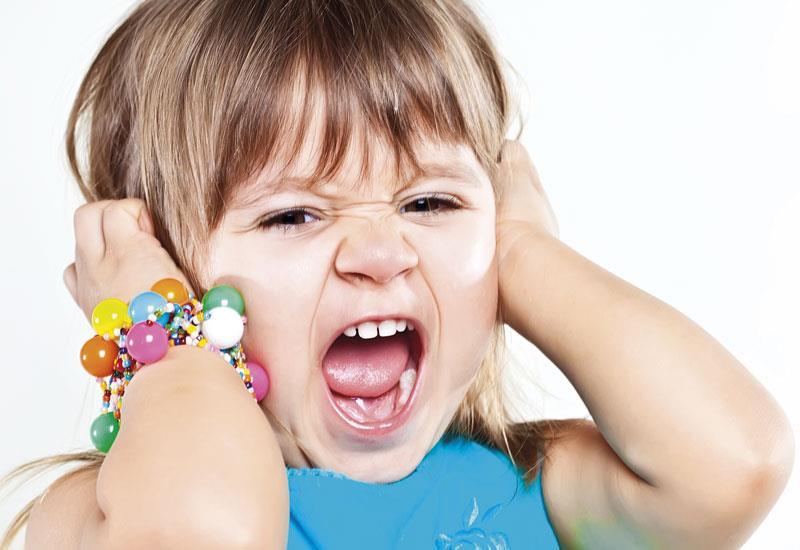Identifying patients who might not require drug treatment for acute otitis media could help substantially reduce antibiotic use
Up to 50% of children with acute otitis media will recover without the need for antibiotics, according to a study published this week in Pediatrics.
Children with peaked tympanogram (A and C curves) might be optimal candidates for initial observation strategy, while those with severe bulging of the tympanic membrane were most likely to benefit from antibiotics, the study said.
“On the basis of our results, all young children with severe bulging of the tympanic membrane seem to benefit from antimicrobial treatment regardless of the severity of their symptoms or the number of ears infected,” the authors wrote.
A previous meta-analysis of six individual studies had found children under two years with bilateral acute otitis media, and those with otorrhea, received the most benefit from antimicrobial treatment.
The study randomised children to receive placebo or amoxicillin-clavulanate for seven days, and time until treatment failure was tracked.
The study found children with peaked tympanogram when enrolled were less likely to fail treatment while severe bulging of the tympanic membrane almost doubled the treatment failure hazard ratio in the placebo group. Severe bulging had no effect on outcome in the treatment group.
Treatment failure in the antimicrobial group was 20%, while almost half of children experienced treatment failure in the placebo group.
The authors said the findings made mechanistic sense, as the bulging membrane has been associated with pathogenic bacteria in the middle ear.
Identifying patients who might not require drug treatment for the management of acute otitis media could help substantially reduce the use of antimicrobials, they said.
Pediatrics; Online August 8


